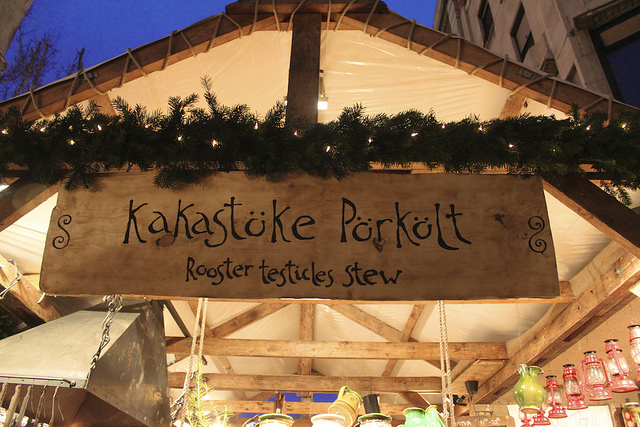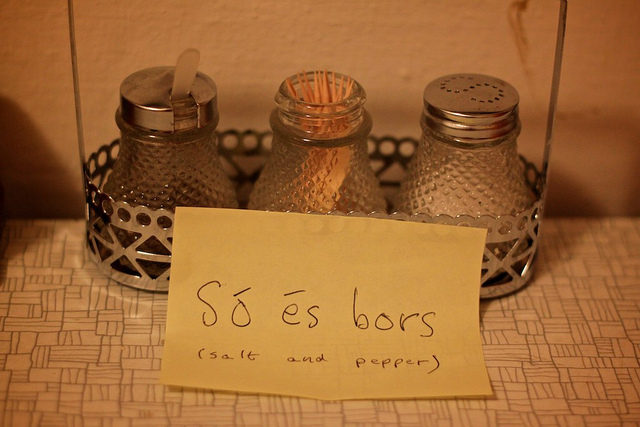Author: daniellemharms
-
Sunset on Twin Oaks Farm
I first arrived at Twin Oaks Farm three years ago, on an evening long after the sun had set. I checked my directions for the dozenth time and confirmed that they did indeed say to turn off the well lit highway when I saw the pitch black playground, down the unpaved gravel road lined on…
-
Swept Away in Vienna
As an English teacher living in South Korea last year, I developed a tired habit. Week after repetitive week, I mentally promised myself that I would really, truly contact local Wisconsin newspapers in search of one that might grant me the space for a column. I managed to deftly avoid 52 self-imposed deadlines, but I…
-

Ruminations on the Hungarian Language: Take Two
Due to a potent combination of distraction and procrastination, here is part two of a short series on the Hungarian language, belatedly posted and slightly aged. Interested in reading part one? You’re in luck. Not speaking Korean in Korea was easy compared to not speaking Hungarian in Hungary. Korea’s population is remarkably homogenous and there…
-

Nem Beszélek Magyarul: Ruminations on the Hungarian Language
Making my way past the supermarket’s overflowing crates of pale green paprikas and stacked tubs of sauerkraut, I found one phrase sliding through my mind.
-

A Dog for the Night
A vizsla puppy dropped by for the night.